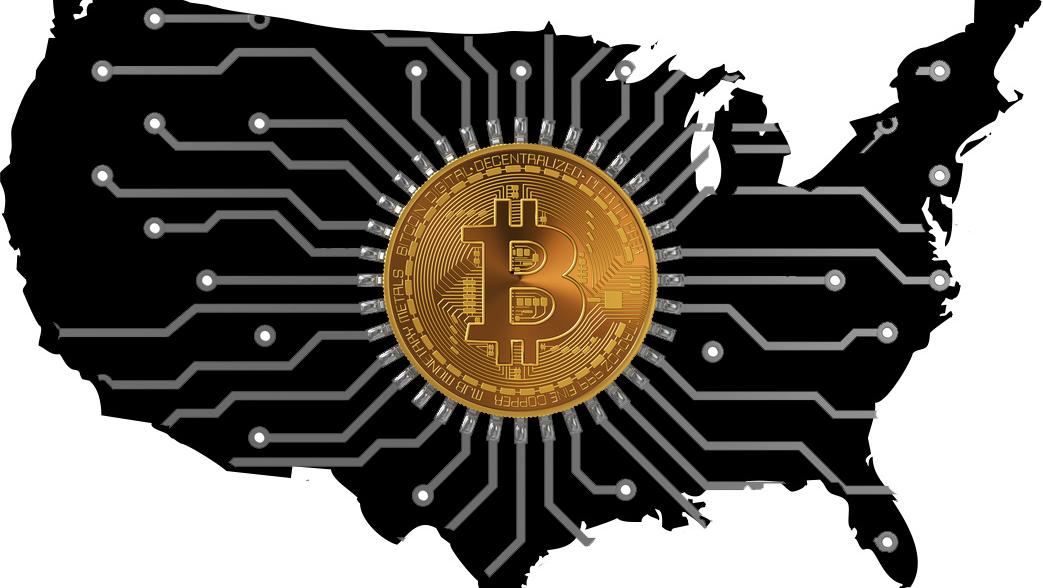PALO ALTO, Calif. (Reuters) - The Federal Reserve is taking a look at a broad variety of issues around digital payments and currencies, including policy, style and legal considerations around possibly releasing its own digital currency, Governor Lael Brainard stated on Wednesday. Brainard's remarks recommend more openness to the possibility of a Fed-issued digital coin than in the past." By changing payments, digitalization has the possible to deliver higher worth and convenience at lower expense," Brainard stated at a conference on payments at the Stanford Graduate School of Company.
Reserve banks internationally are disputing how to manage digital finance technology and the distributed journal systems used by bitcoin, which guarantees near-instantaneous payment at potentially low expense. The Fed is developing its own round-the-clock real-time payments and settlement service and is presently examining 200 remark letters submitted late in 2015 about the proposed service's design and scope, Brainard stated.
Less than 2 years ago Brainard told a conference in San Francisco that there is "no engaging showed need" for such a coin. However that was prior to the scope of Facebook's digital currency ambitions were extensively understood. Fed officials, consisting of Brainard, have raised issues about consumer protections and information and privacy dangers that might be positioned by a currency that might enter use by the third of the world's population that have Facebook accounts.
" We are working together with other reserve banks as we advance our understanding of central bank digital currencies," she said. With more countries checking out releasing their own digital currencies, Brainard said, that includes to "a set of factors to also be ensuring that we are that frontier of both research study and policy advancement." In the United States, Brainard stated, Have a peek at this website concerns that need research study consist of whether a digital currency would make the payments system safer or simpler, and whether it might posture monetary stability dangers, including the possibility of bank runs if money can be turned "with a single swipe" into the reserve bank's digital currency.
To counter the monetary damage from America's unprecedented nationwide lockdown, the Federal Reserve has actually taken unprecedented actions, consisting of flooding the economy with dollars and investing directly in the economy. Most of these relocations received grudging Learn here approval even from numerous Fed doubters, as they saw this stimulus as needed and something only the Fed could do.

My brand-new CEI report, "Government-Run Payment Systems Are Hazardous at Any Speed: The Case Versus Fedcoin and FedNow," information the threats of the Fed's existing strategies for its FedNow real-time payment system, and proposals for main bank-issued cryptocurrency that have actually been called Fedcoin or the "digital dollar." In my report, I discuss concerns about privacy, information security, currency adjustment, and crowding out private-sector competitors and innovation.
Advocates of FedNow and Fedcoin state the federal government must produce a system for payments to deposit instantly, instead of encourage such systems in the economic sector by lifting regulatory barriers. However as noted in the paper, the economic sector is providing an apparently limitless supply of payment innovations and digital currencies to solve the problemto the extent it is a problemof the time space in between when a payment is sent and when it is gotten in a checking account.
And the examples of private-sector development in this area are lots of. The Cleaning Home, a bank-held cooperative that has been routing interbank payments in various kinds for more than 150 years, has been clearing real-time payments considering that 2017. By the end of 2018 it was covering 50 percent of the deposit base in the U.S.